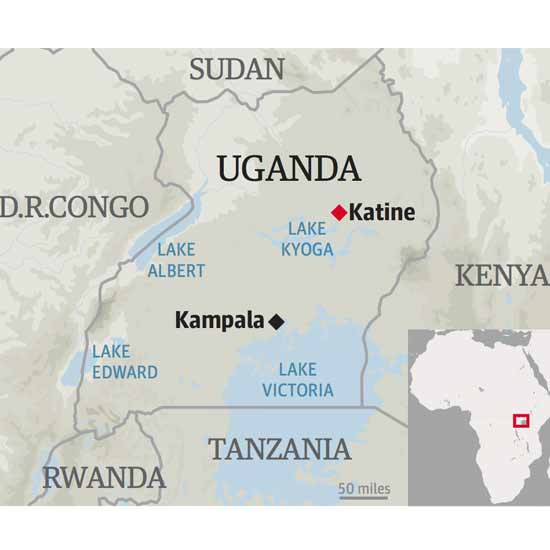
The Guardian’s newly declared 3 year commitment to the village of Katine in Northern Uganda is an ambitious project using the principles of nptech. Guardian editor Alan Rusbridger sets out the three ways he think their long term online work for the community should work:
Get the STORY out there. To quote Rusbridger the newspaper (with less paper and more digits I hope) can “report, record, explain, contextualise, illuminate and analyse… explore the complexities of trying to help communities such as Katine in a sustainable way. It should be able to get beyond the sloganising and occasional yah-boo politics of the development debate.”
FUNDRAISE. Like any busy website the Guardian “can involve a huge community of readers and web-users around the world and find ways of linking them in to what we’re doing. We’ll need money obviously.”
and CROWDSOURCE “just as importantly we need advice and involvement. Among our readers are water engineers, doctors, solar energy experts, businessmen and women, teachers, nurses, farmers. We absolutely don’t need a stampede of volunteers, but we would like a technical know-how bank of people who are prepared to offer time and advice. We’ll let you know how to get involved as we go.
Alan Rusbridger adds a fourth, visibility. “Katine and its problems barely register in the capital, Kampala. Some local officials worry that, because it is an area where the political opposition to Mr Museveni’s NRM party is strong, Katine’s problems may not have been among the government’s highest priorities.” What interests me about this is that the potential of the net to apply funds and expertise means that this community could remain ignored in Kampala whilst highly visible elsewhere.
This got me thinking about applying these principals in our own towns and cities. Our own podcast, the Grassroots Channel, has focussed on active citizens and the work they do in neighbourhoods in Birmingham.
But we have not focussed on one neighbourhood and the things we can learn/change from deeply understanding one place. Neither has any local news organisation I’ve ever worked for or know of. Of course some of the poorest parts of our city have had reams written about them; hours filmed and recorded there. But never with the main purpose of the applying the knowledge and resources of the readership for the benefit of that community. Curiously enough though this is exactly what good active citizens do: they get under the story of their neighbourhood – using the stories to decide what to do next and how to convince people to join them.
Elsewhere on the web: The Register is much more cautious than I, sceptical it will accomplish no more than fundraise. Paul Bradshaw is (rightly) excited by such a tangible application of journalistic crowdsourcing, whilst adding a list of how it can be improved – including better use of rss, embeddable video, a clearer way of involving the expertise thrown p (could a wiki with digg buttons help evolve and elevate innovations and the people behind them). The paper also needs to be generous with linking to and talking about these supporters, which works.
This Mad Kenyan Woman finds the whole premise offensive: “I was somewhat displeased, to say the least, to find that the Guardian thinks this Ugandan village exists in a time-warp. Indeed, Guardian readers are invited to lift these poor suffering villagers out of the Middle Ages into the twenty-first century by their generous donations. I could not make this up if I tried…”
